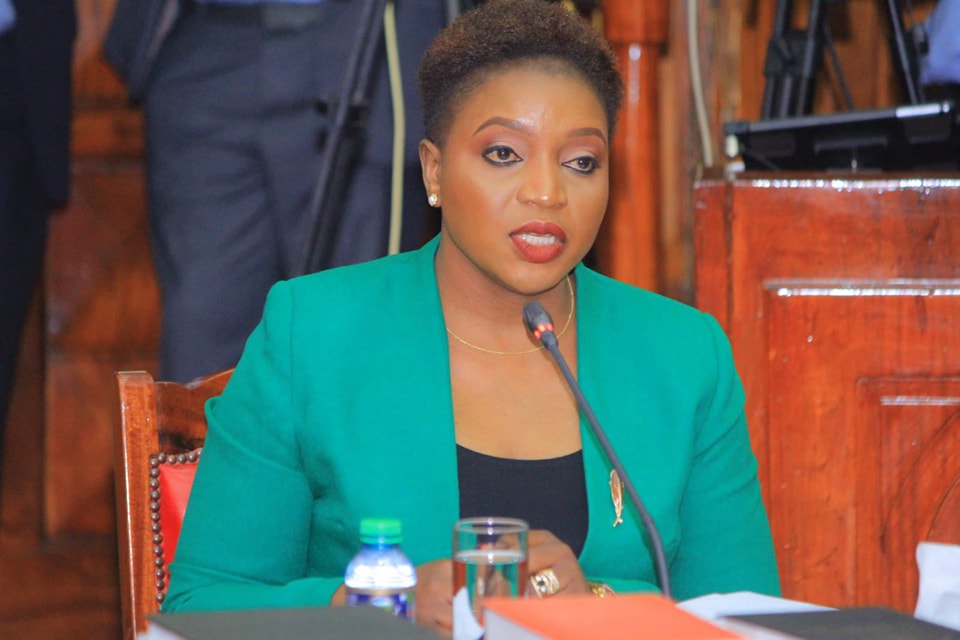By Peter Ochieng
The Ministry of Health (MoH) has responded to reports of the availability of substandard HIV testing kits in the Kenyan market.
Harry Kimtai, Principal Secretary (PS) for Medical Services dismissed claims that poor-quality HIV testing kits have flooded the Kenyan market.
He said the allegations are malicious, adding that proficiency tests put in place are critically aid in monitoring and safeguarding the quality of HIV testing in Kenya.
“The Ministry of Health assures Kenyans of its unwavering commitment to ensuring access to the highest-quality health services and urges all citizens to continue seeking HIV testing services across the country,” Kimtai said in the statement.
“The three-test algorithm marks a pivotal advancement in diagnostic accuracy, which is critical in Kenya, fight against HIV and AIDS, underscoring the MOH’s dedication to the health and well-being of all citizens,” he added.
Allegations of substandard HIV testing kits in the country came on the backdrop of a Chinese company, Guangzhou Wondfo Biotech Co Ltd, allegedly sued the Kenyan government for classifying its HIV testing kits as substandard.
The PS said Kenya remains steadfast in its fight against HIV/AIDS, ranking 7th globally for its HIV epidemic. “With approximately 1.4 million individuals living with HIV (PLHIV), the country persists in delivering comprehensive care and preventive measures.”
As of December 2023, over 1.3 million people living with HIV were under treatment across 3,752 facilities nationwide. Annually, Kenya conducts more than 8 million HIV tests across 8,851 testing sites.
Last week, the government issued an update related to the current state of key vaccines stockouts in the country.
PS Kimtai said the country is facing stockouts of key vaccines, with less than two months of stock available nationally for traditional vaccines such as the BCG Vaccine, Oral Polio Vaccine and Measles Rubella Vaccine.
“Additionally, stock levels for most other routine childhood vaccines, including those supported by Gavi (Pneumococcal, Rolavirus, HPV, and Malaria vaccines), are low, with only three to six months of stock available,” said the PS.
These stockouts, the PS said put children and vulnerable populations at risk of vaccine-preventable diseases and potential outbreaks.
“Recognizing that immunization is one of the most effective public health interventions, we are committed to ensuring a consistent and uninterrupted supply of vaccines. Kenya has benefited from a robust immunization system for over 44 years, and we are dedicated to ensuring future generations enjoy full and healthy lives,” he assured.
Kimtai added that they are closely engaging with UNICEF to expedite the delivery of vaccines ordered after the last payment.


